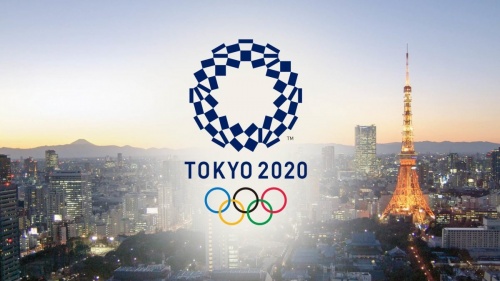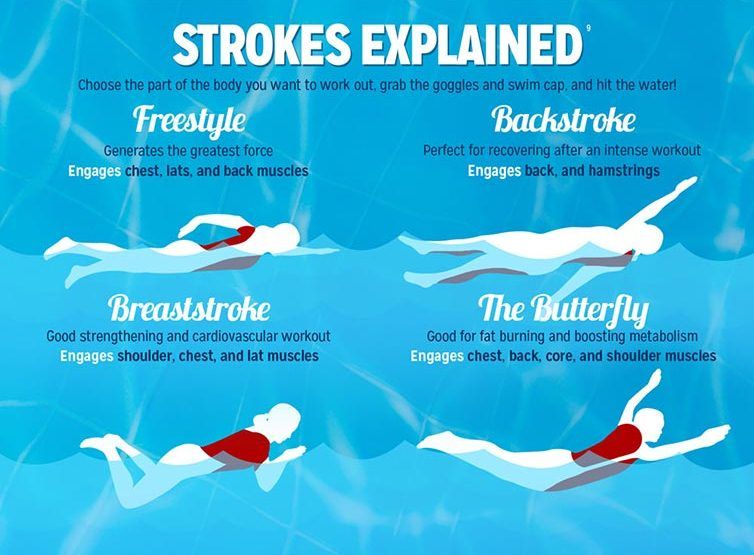
The IOC is planning meetings with Japanese public authorities, global sports officials, broadcasters and sponsors that will deal with scenario planning for the Olympics, which are scheduled to start July 24. Canceling the games is not under consideration.It will take the International Olympic Committee up to four weeks to consider postponing the Olympic Games in Tokyo amid increasing criticism of its handling of the coronavirus crisis that now includes Canada, saying it will not send a team to the games this year and the track and field leader, the most important sport in matches that also require delay.The International Olympic Committee is planning meetings with Japanese public authorities, global sports officials, broadcasters and sponsors who will be responsible for planning the Olympic Games scenarios, which are scheduled to begin on July 24. The cancellation of the games is not under consideration.International Olympic Committee President Thomas Bach has sent a message to athletes explaining the decision and why it could take so long while acknowledging that an extended schedule may not be popular."I know this unprecedented situation leaves many of your questions open," he wrote.“I also know that this rational approach may not be consistent with the feelings that many of you must go through.”But just hours after the announcement, World Athletics President Seb Coe sent a message to Bach saying that hosting the Olympics in July "is neither feasible nor desirable".He revealed a number of reasons, including competitive fairness, the possibility that athletes will be overly trained if given a tight schedule, and the uncertainty caused by orders in many countries that ban people from gyms and other training venues."No one wants to postpone the Olympics, but ... We cannot hold the event at any cost, and certainly not at the expense of athletes' safety," he wrote."The decision about the Olympics can become very, very clear." Then on Sunday evening, the Canadian Olympic Committee announced that it would not send athletes to Tokyo unless the matches were postponed for a year, making it the first country to threaten such a move. The committee said in a statement that it is not safe for athletes to continue training."In fact, it is against public health councils to urge all Canadians to follow it," the committee said.Japanese Prime Minister Shinzo Abe also urged the International Olympic Committee to take a speedy decision, adding that the delay would be inevitable if the games were not fully implemented.But it is possible that a decision will not be made before next month.The International Olympic Committee said the scenarios under consideration "relate to amending the current operational plans for the Games to continue on July 24, 2020, as well as changes in the start date of the Games."The change in strategy came after Bach's phone call with members of the Executive Council.Bach has steadfastly said that the organizers are fully committed to opening the games on July 24th although athletic training, qualification events and game preparations are increasingly disrupted by the outbreak of the COVID-19 virus.Criticism of the situation has increased in recent days by Olympic gold medalists and the International Olympic Committee member last Tuesday before Bach finally recognized the possibility of developing an alternative plan.The National Olympic Committees of Brazil and Slovenia later called for a delay until 2021. The Norwegian Olympic Committee said it did not want athletes to go to Tokyo until the global health crisis was brought under control.The governing bodies of swimming in the United States and tracking two of the top three sports in the summer games have asked their national Olympic officials to push for a delay."There is a significant increase in cases and outbreaks of COVID-19 in different countries on different continents," the International Olympic Committee said."This (Council) led to the conclusion that the International Olympic Committee must take the next step in planning its scenario."The International Olympic Committee said last week that nearly 4,700 of the 11,000 Olympic Games venue had not yet been allocated.Bach acknowledged the problems that come with a compact or radically changed classification table, but also outlined several reasons why the IOC was unable to rush to make a decision.It included the availability of venues that are scheduled for use this summer but might not be available at a later time and the disruption of future events in the individual sports.“A decision about a postponement today could not determine a new date for the Olympic Games because of the uncertain developments in both directions: an improvement, as we are seeing in a number of countries thanks to the severe measures being taken, or a deteriorating situation in other countries,” Bach said.Read More: Tokyo Olympics 2020 Updates






